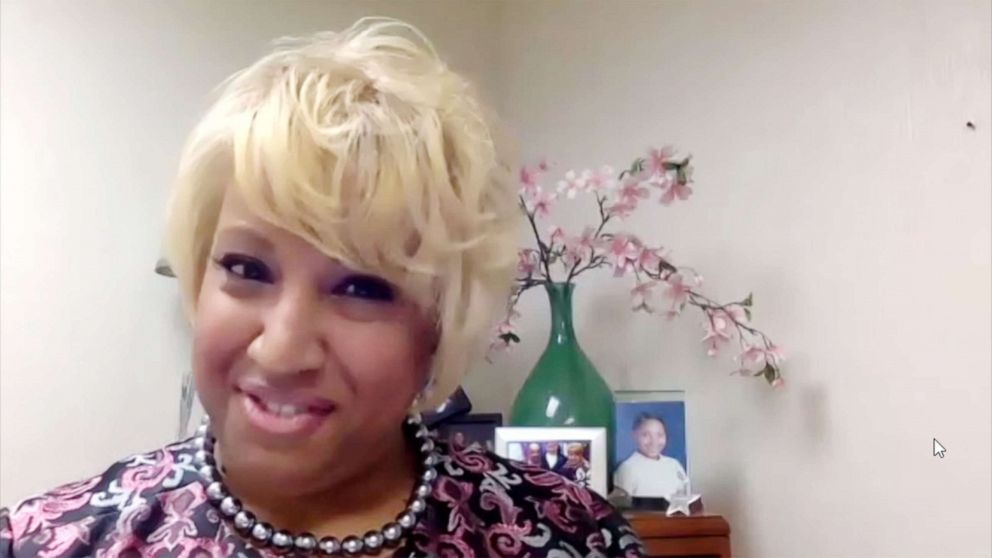Nation's oldest Black sorority heralds Harris' ascent to VP: 'Anything is possible'
Young black women of Alpha Kappa Alpha find inspiration in Harris.
The inauguration of Kamala Harris on Wednesday as the first woman of color vice president of the United States marks a watershed moment for the nation's oldest Black sorority, which will witness one of its own reach a pinnacle of political power.
"When our eyes see it, it'll be greater than any camera can capture," said 20-year-old Dejanna Newkirk, a Howard University junior and member of Alpha Kappa Alpha, the sorority which Harris pledged in 1986.
The organization, founded in 1908, has more than a thousand chapters in all 50 states and more than 300,000 members.
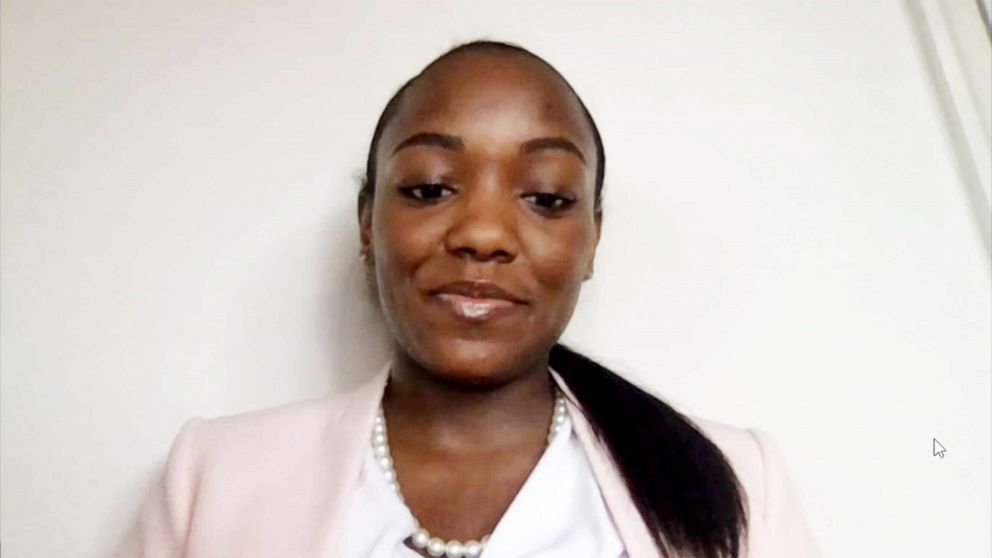
Seven current AKA sisters of the "Alpha Chapter" at Howard -- the organization's founding society -- joined ABC News Live for a conversation about the significance of Harris' ascent and the impact it will have on millions of young black women.
"She literally walked the same steps. She might have slept in the same building I slept in at Howard. She walked the yard. She majored in the same major I am. I'm just thinking, like, the sky is really the limit. There's nothing I cannot do," said Howard senior Zipporah Olukanni, 21, a vice president of the sorority.
"Her grace just embodies what it really means to be a most gracious lady," said Rachel Howell, 21, a senior from Georgia.

The women are part of an elite lineage of AKA alumni that include Nobel Prize winner Toni Morrison; actresses Phylicia Rashad and Roxie Roker; Tennis great Althea Gibson; first Black big city mayor Sharon Pratt; and, scores of civil rights advocates, authors, musicians and journalists.
The graduating AKA seniors in the Class of 2021 said witnessing Harris' ascent has been life-changing.
"As Black women, representation and seeing yourself in positions of power and at the highest level was not a familiar feeling. And so, in this moment, it's really powerful for me -- especially as somebody who wants to be a glass-ceiling breaker and be the first to do something as a Black woman," said 21-year-old Abigail Hall, a political science major from Atlanta.
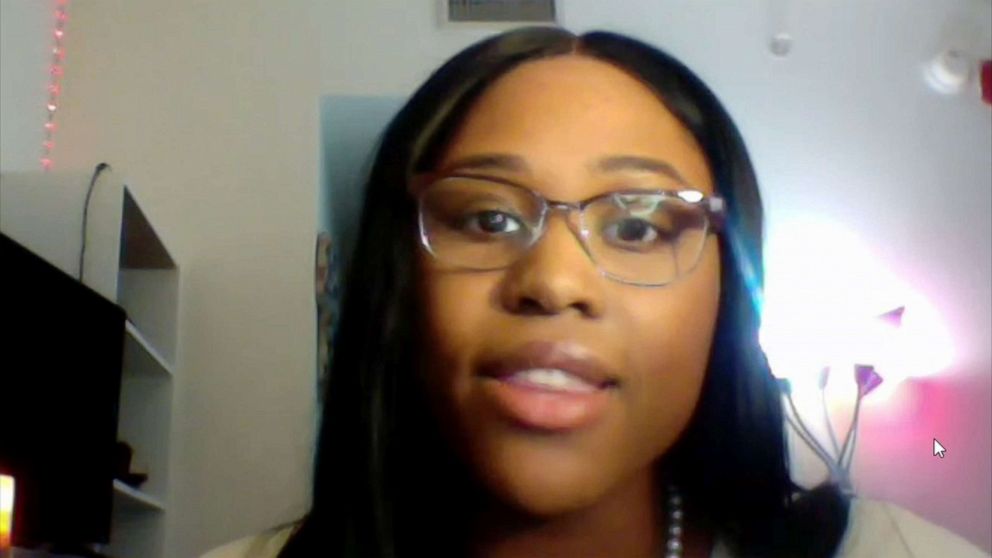
Toluwani Roberts, the sorority's current second vice president, said the inauguration is just the beginning of what will be four years of daily inspiration.
"I personally, I'm interested in education and I hope to go forward and change the state of education in the country. And she's inspired me that anything is possible for me, so long as I put that hard work forward and I have the help of my sisters," Roberts said.
The sisters are not naive about the challenges that lie ahead: a raging pandemic, historic unemployment, a climate in crisis and the nation facing yet another painful reckoning on race. Several acknowledged the likelihood that Harris would be subjected to intense scrutiny because of her race and gender.
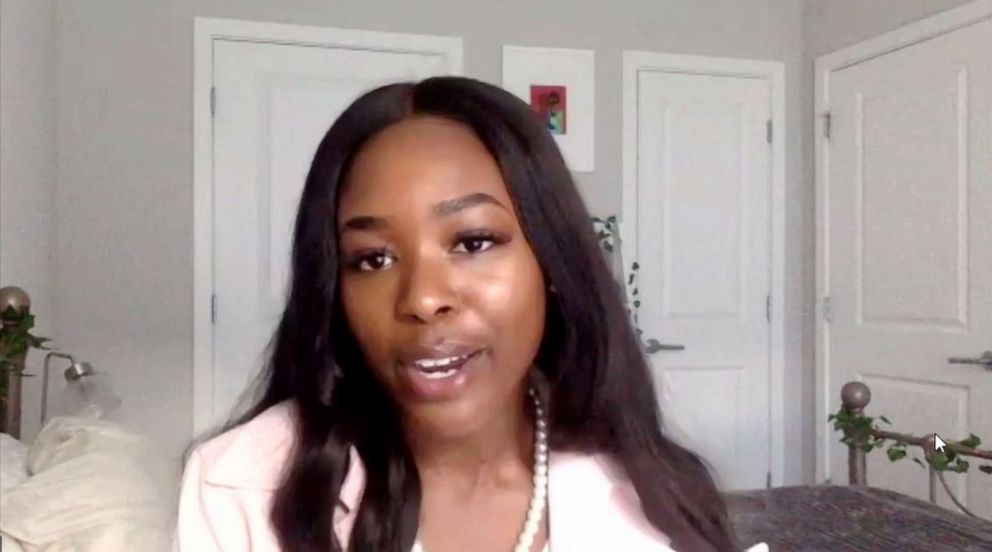
All were unflinching in their confidence that Harris will thrive.
"You can't use 'fear' and vice president-elect's name in the same sentence because she is nothing of that sort," said Newkirk. 'She is a very courageous woman. So I definitely believe that we will definitely be here to support her."
Added Hall, "We understand that change happens slowly over time. ... Right now our assessment is that they're making the right steps towards progress and we hope that they continue this trend. And the biggest thing for us, is getting those voices and seats at the table."
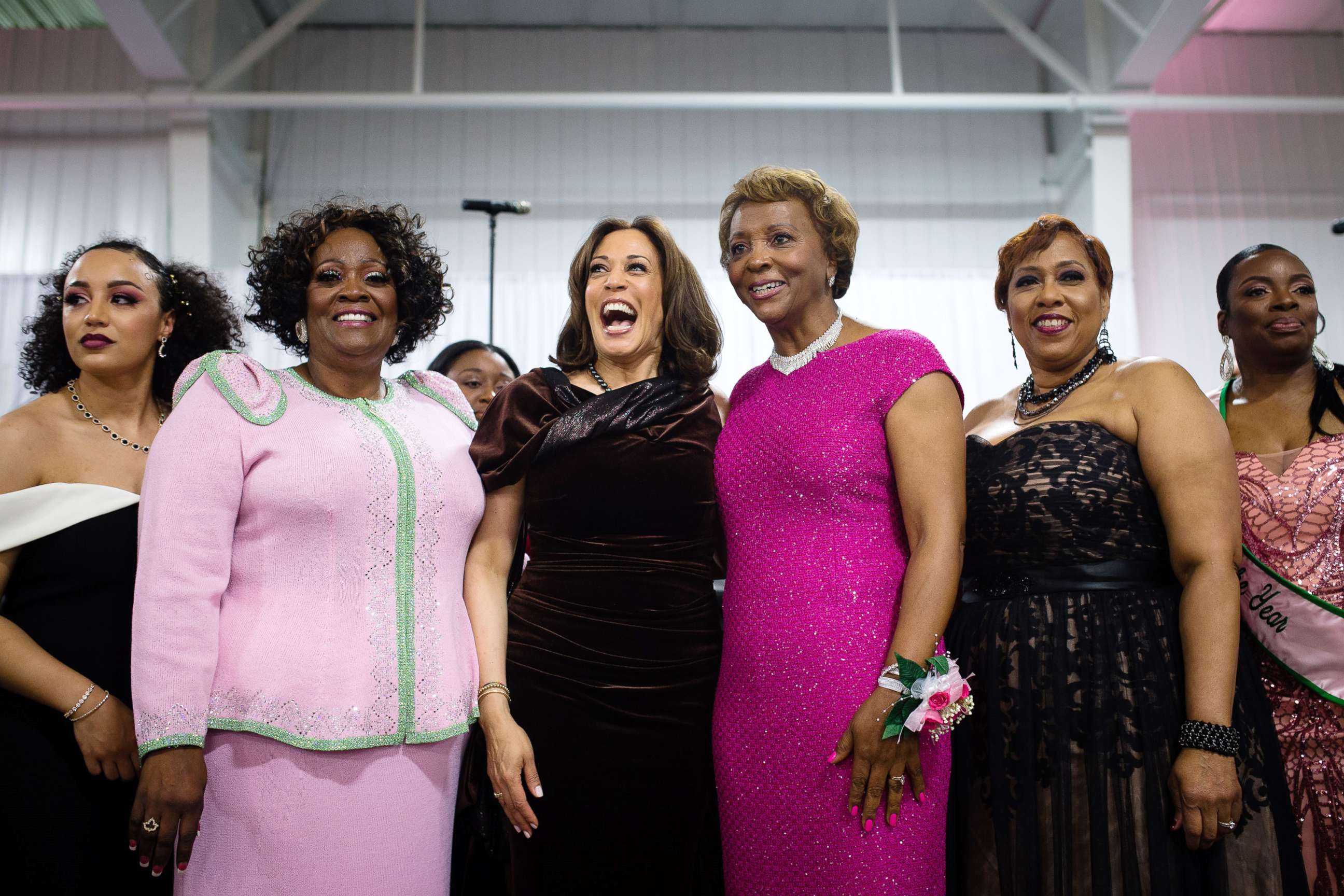
With seats at the table, and a trailblazer in the White House, the Howard University students said their sorority's founders of 113 years ago would likely be in disbelief to see Harris on the platform taking the vice presidential oath from Justice Sonia Sotomayor, the nation's first Latina justice of the Supreme Court.
"To be honest, because of that time, I really don't think they realized what they were laying the foundation for," said Deirdra Davis, the group's graduate advisor and classmate of Harris in 1989. "I think if they were alive today, they would be so very proud and absolutely amazed at the strides that we have made as Black women."
